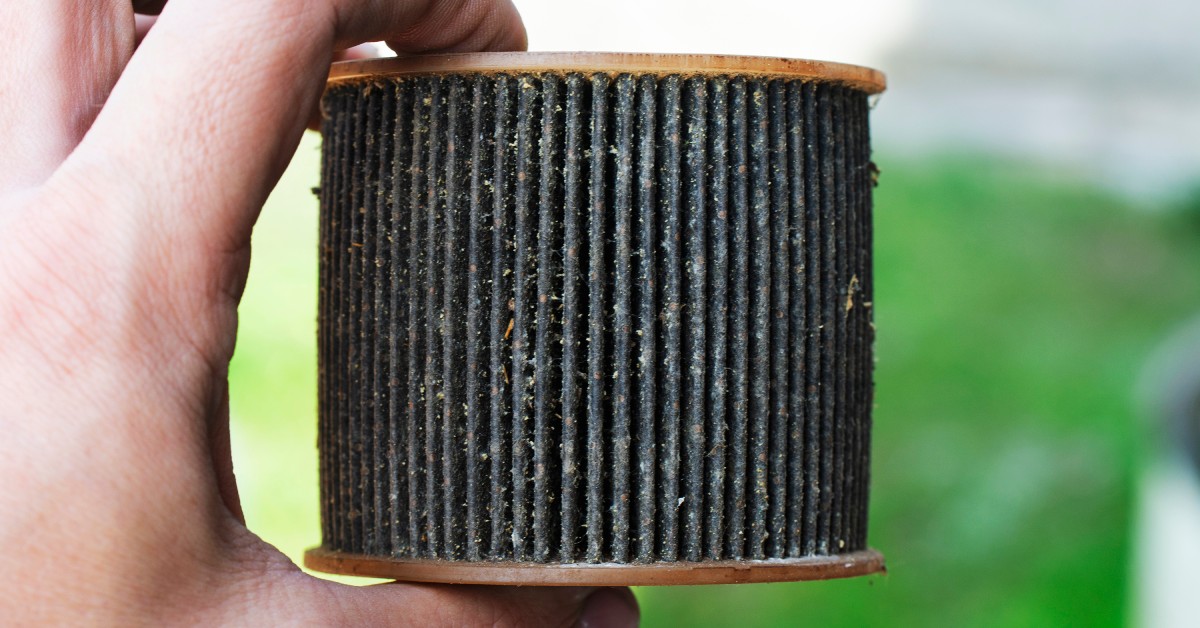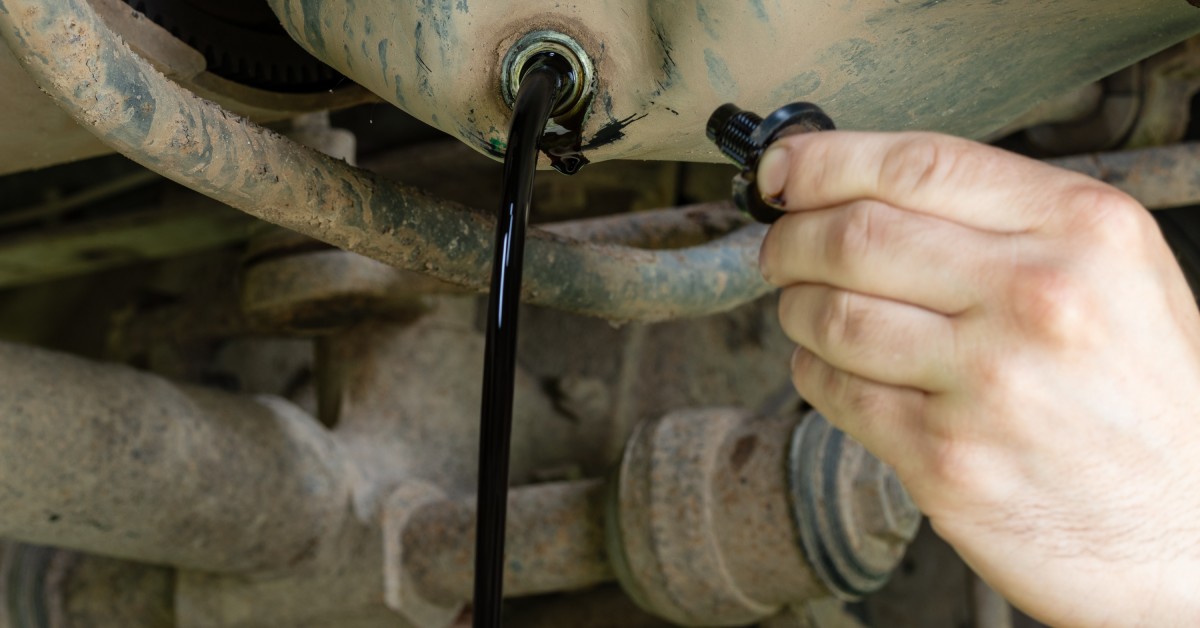Are you noticing oil leaking from your Toyota? Any leak could be a cause for concern, especially oil leaks that can significantly affect both the performance and lifespan of your engine. A leak reduces the oil levels needed for proper lubrication and can lead to more severe engine damage if you don’t handle things sooner rather than later. However, how can you take care of the leak if you don’t know what’s causing the oil filter leak? There are a few major reasons an oil filter would leak on your Toyota, and when you understand those reasons, you can take the necessary steps to address them effectively.
Poor Installation
One of the most prevalent causes of an oil filter leak is improper installation. If the seal between the oil filter and the engine isn’t tight enough, it can lead to frustrating leaks that pose a threat to your vehicle’s performance. This issue often arises when you don’t properly follow the manufacturer’s installation guidelines.
To prevent this, make sure you securely screw the filter on and properly align it with the engine. A good practice is to check the installation twice, confirming that there are no obstructions and that the surfaces are clean before attaching the filter.
Damaged Gasket
Over time, the gasket that seals the oil filter to the engine can become worn, cracked, or damaged due to prolonged exposure to the elements, heat, or pressure within the engine compartment.
This wear and tear can seriously compromise the seal, allowing oil to leak out and potentially leading to significant engine issues, such as decreased lubrication and overheating. Regular inspections of the gasket can help you identify any signs of wear, such as cracking or brittleness, before a leak happens. When you know what to look for, you can replace the gasket, preventing dangerous oil filter leaks.
Loose Filter
If you don’t tighten the oil filter enough during installation, it can gradually loosen over time due to engine vibrations, leading to an oil leak that can be both messy and costly. Natural vibrations that occur during driving can exacerbate this problem. Thankfully, you can avoid this by doing routine tightness checks and making sure your oil filter is secure and leak-free. A simple inspection and a gentle twist here and there can help you avoid major leaks and headaches down the line.
Defective Filter
Occasionally, a manufacturing defect in the oil filter itself can lead to leakage, catching even the most diligent car owners off guard. Filters may suffer from flaws that occur during production or from damage that happens during shipping, which can directly affect their ability to create a proper seal. This possibility of defect makes it important to only purchase filters from reputable suppliers. Always check for recalls or customer reviews before making a purchase so that you can get a product that meets industry standards.

Clogged Filter
An oil filter may also leak because dirt, debris, and contaminants clog it. These clogs can significantly increase pressure on the gasket, ultimately leading to leaks that can hurt your engine’s health. This situation underscores how important regular oil changes and timely filter replacements are. Being proactive here makes maintaining optimal engine health easy.
Low-Quality Filter
Using a low-quality or cheap oil filter may compromise the seal, significantly increasing the likelihood of leaks that can cause major engine problems. Investing in a high-quality filter is crucial, as it ensures better performance while also extending the life of your engine by maintaining proper oil flow and pressure. Look for filters that meet or exceed industry standards, and consider brands that have a proven track record of reliability in the automotive industry.
Over-Tightening
While it’s not the most common cause of oil filter leaks, over-tightening the filter is one reason why you might be seeing leaks. This over-tightening can cause the gasket to crack or deform, leading to problematic leaks.
When installing an oil filter, follow the manufacturer’s specifications for torque settings to avoid damaging the filter or gasket. Use a torque wrench if available so that you can better secure the oil filter without risking damage.
Incorrect Filter Size
Another common reason for leaks is using the wrong filter size. Using an oil filter that doesn’t fit your specific Toyota model can cause leaks. Always consult your owner’s manual or a trusted mechanic to ensure compatibility and avoid any potential issues that may show up when using the wrong filter sizes.
Engine Vibrations
Constant vibrations from driving, especially on rough terrain or bumpy roads, can gradually loosen the oil filter over time, leading to leaks that may go unnoticed until they become severe. Thankfully, you can spot these issues early on and adjust or replace the oil filter before a leak shows up and turns into a larger problem. It’s also a good idea to use oil filters that can withstand the different road conditions you experience regularly.

Improperly Sealed Drain Plug
A faulty or improperly sealed drain plug can cause oil to leak from the bottom of the engine, creating the illusion that the oil is leaking from the oil filter itself. Make sure your drain plug is secure during oil changes, as loose or damaged plugs can quickly lead to unwanted leaks. When you regularly check on the plug and make sure that it and the washer are in good shape, you can keep leaks at bay and maintain proper oil levels.
Age and Wear
Just like any other car part, an oil filter can become worn and develop leaks due to age and wear over time. An aging filter may not perform effectively, allowing contaminants to bypass and potentially harm the engine. Regular replacement of the oil filter is essential to ensure your engine runs smoothly. Keep track of the maintenance schedule, including oil filter changes, so keeping your car in good condition can be easy. When you stay on top of everything, you’ll also be able to extend the lifespan of your Toyota and enhance its overall performance.
There are a few major reasons an oil filter would leak on a Toyota, and while it may seem like a minor issue at first glance, you must address it promptly to prevent engine damage or costly repairs. By understanding the various reasons for an oil filter leak and regularly checking for signs of leakage, you can maintain your Toyota’s overall performance and prolong its lifespan. However, in addition to repairs, you need to keep your Toyota performing well on the road by investing in the right AISIN Toyota parts from Yota Shop. When you need quality and reliability, you want Yota Shop on your side.

